The 2004-13 decade was, in many ways, exceptional in terms of economic growth and even more so in social progress in Latin America. Some analysts came to refer to the period as the “Latin American decade,” a term coined to contrast with the “lost decade” of the 1980s, when a massive debt crisis sent the region into severe recession. But this positive picture has changed dramatically. Growth per capita ground to a halt in 2014 and much of the region is again viewed with a sense of forgone promise. The sudden deterioration in the region’s prospects also reflects significant changes in the international factors that affect the region’s economic performance—including a substantial decline in commodity prices, which remain the backbone of the region’s (and particularly of South America’s) exports—and an overall moderation of global trade. If Latin America is to regain its footing, it must undertake reforms to diversify economies and to upgrade technologically its production structure to make it less dependent on the behavior of commodities.
You may also be interested in

Building relations through multi-dialogue formats: Trends in bilateral diplomacy
The text discusses the importance of building relationships through various dialogue formats in bilateral diplomacy.

Getting Our Way: 500 Years of Adventure and Intrigue: The Inside Story of British Diplomacy
The message summarizes the book "Getting Our Way: 500 Years of Adventure and Intrigue: The Inside Story of British Diplomacy.

Influence of Economic Relations on Bilateral Relations
The title of the master thesis is "Influence of economic relations on bilateral relations". Firstly, three thesis statements concerning the influence of economic relations on non-economic bilateral relations have been developed. In order to validate the thesis statements a methodology was chosen that is mainly data driven and based on two case studies and a data comparison procedure, as opposed to a "theoretical approach".

Effectiveness of U.S. Economic Sanctions with Respect to Sudan
The U.S. economic sanctions on Sudan have had limited success in achieving their intended goals due to various factors. The sanctions have impacted the Sudanese economy and government, but they have also inadvertently harmed civilians and hindered humanitarian efforts in the region. Additionally, the sanctions have not been successful in promoting political change or addressing human rights violations in Sudan. The effectiveness of these sanctions remains a topic of debate among policymakers and analysts.

The Ambassadors and America’s Soviet Policy
The Ambassadors and America's Soviet Policy discusses the roles of three prominent American ambassadors in shaping U.S. policy towards the Soviet Union during the early Cold War period. These diplomats employed various strategies to navigate the complexities of Soviet-American relations, including engaging in diplomacy, intelligence gathering, and negotiation. Overall, their efforts helped influence U.S. foreign policy towards the Soviet Union and contributed to the eventual end of the Cold War.
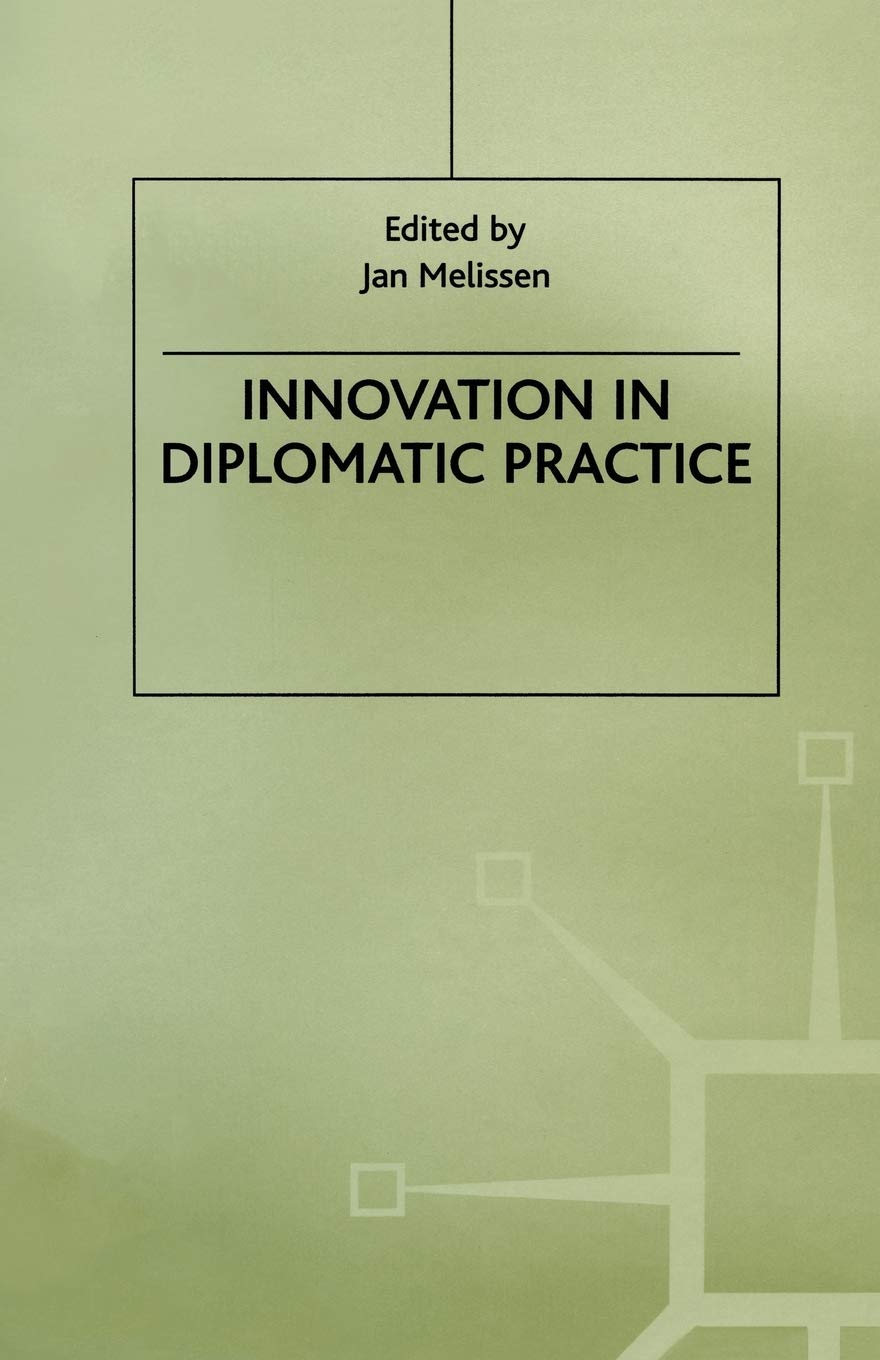
The role of the diplomatic corps: the US-North Korea talks in Beijing, 1988-94
In J. Melissen (ed.), Innovation in Diplomatic Practice, pp. 214-30 (Macmillan, London, 1999), ISBN 0-333-69122-9/

Modern Diplomacy – Opening address
Opening address of the Honourable Dr. George F. Vella, Deputy Prime Minister and Minister of Foreign Affairs and the Environment of Malta.

The Architecture of Diplomacy: Building America’s Embassies, 2nd ed
The Architecture of Diplomacy: Building America's Embassies, 2nd ed. explores the intricate design process behind creating US embassies worldwide, showcasing the significance of architecture in diplomacy and international relations. It delves into the cultural, historical, and political considerations that shape embassy structures, emphasizing the crucial role architecture plays in representing American values and promoting diplomatic relationships globally. This revised edition offers a comprehensive look at the evolving architectural landscape of US embassies and the impact of design on dipl...
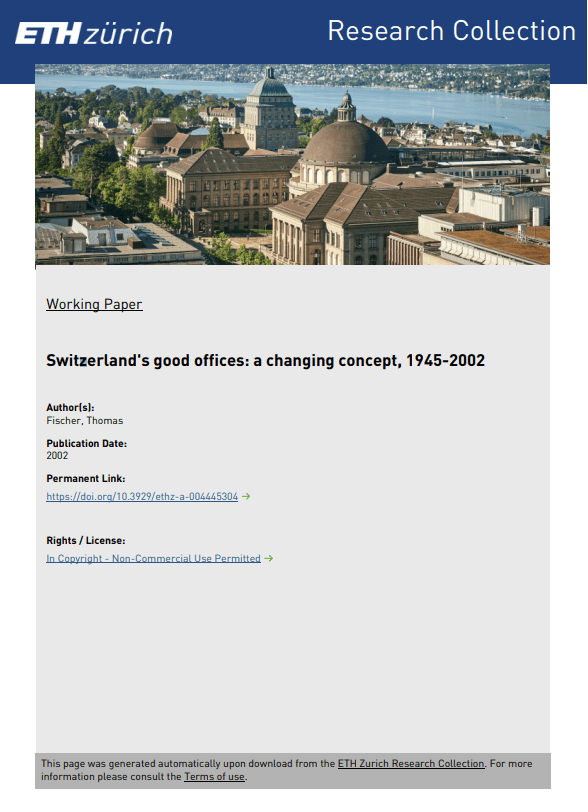
Switzerland’s good offices: a changing concept, 1945-2002
Switzerland's role in international diplomacy evolved from the end of World War II to 2002, showcasing its changing concept of good offices.

How the ‘inscrutables’ negotiate with the ‘inscrutables’: Chinese negotiating tactics vis-à-vis the Japanese
I had the opportunity to participate in the five major negotiations between China and Japan from 1972 to 1975 (i.e., the talks over the normalization of diplomatic relations, and the aviation, trade, shipping and fishery agreements), and to observe the tactics, both offensive and defensive, used by the Chinese participants. Personal impressions are bound to be biased, but fortunately there are at least two books which give us detailed accounts of negotiations between China and Japan in the post-war period. These are The Record of Fishery Talks between China and Japan and The Secret Memorandum ...

The Role of Religion in Shaping Saudi Arabia’s Foreign Policy Towards Sub Saharan Africa: A Case Study of Uganda
Cultural and geographical proximity between Saudi Arabia and Sub-Sahara African region makes the relations between the two sides an interesting and wanting area of study. It was against this backdrop that this researcher decided to investigate into this important area.
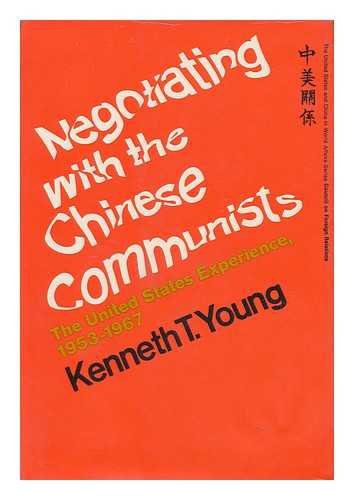
Negotiating with the Chinese Communists: The United States Experience, 1953-1967
The message provides a summary of the negotiation process with the Chinese Communists between 1953 and 1967, focusing on the United States' experience.
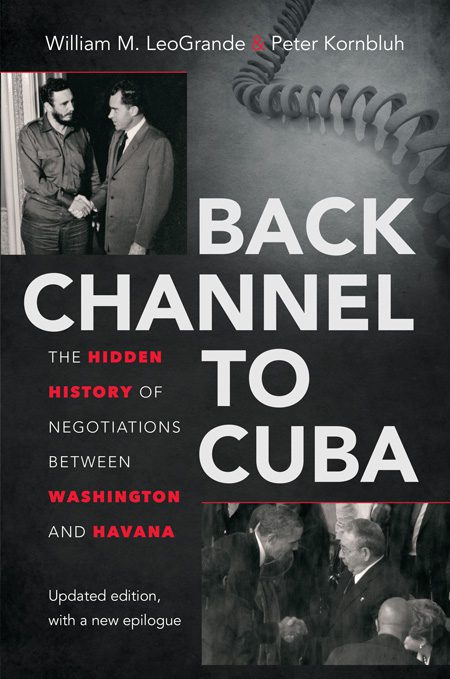
Back Channel to Cuba: The hidden history of negotiations between Washington and Havana
This book went to press after the much-publicised handshake between US president Barack Obama and Cuban president Raul Castro at the memorial service for Nelson Mandela in December 2013 – but before their historic, simultaneous announcements a year later, assisted by a prisoner exchange and the good offices of the Vatican, that they were resolved to end their 50 years of estrangement and normalise relations.

British Diplomacy in Turkey, 1583 to the Present: A Study in the Evolution of the Resident Embassy
The text discusses the evolution of the resident embassy in Turkey from 1583 to the present, focusing on British diplomacy in the region. It delves into the historical development and changes in diplomatic practices over time.

Bilateral Diplomacy
Bilateral Diplomacy is the first of the DiploHandbooks, a new series on practical diplomacy. The book breaks new ground in the role ascribed to bilateral diplomacy, and its importance in international affairs today. It also covers the de facto “empowerment” of the embassy that flows from its new responsibility for relationship management.

The evolution of diplomacy in the Caribbean
This paper will focus on the development of diplomacy in the Caribbean and how it impacts the development of small Caribbean States, paying attention to the regional, bilateral and multilateral levels of diplomacy.

All Fall Down: America’s fateful encounter with Iran
All Fall Down is the definitive chronicle of Americas experience with the Iranian revolution and the hostage crisis of 1978-81. Drawing on internal government documents, it recounts the controversies, decisions and uncertainties that made this a unique chapter in modern American history. From his personal experiences, the author draws revealing portraits of the people who engaged in this test of wills with an Islamic revolutionary regime.

The Diplomacy of Ancient Greece – A Short Introduction
Employed against a warlike background, the diplomatic methods of the ancient Greeks are thought by some to have been useless but by others to have been the most advanced seen prior to modern times.
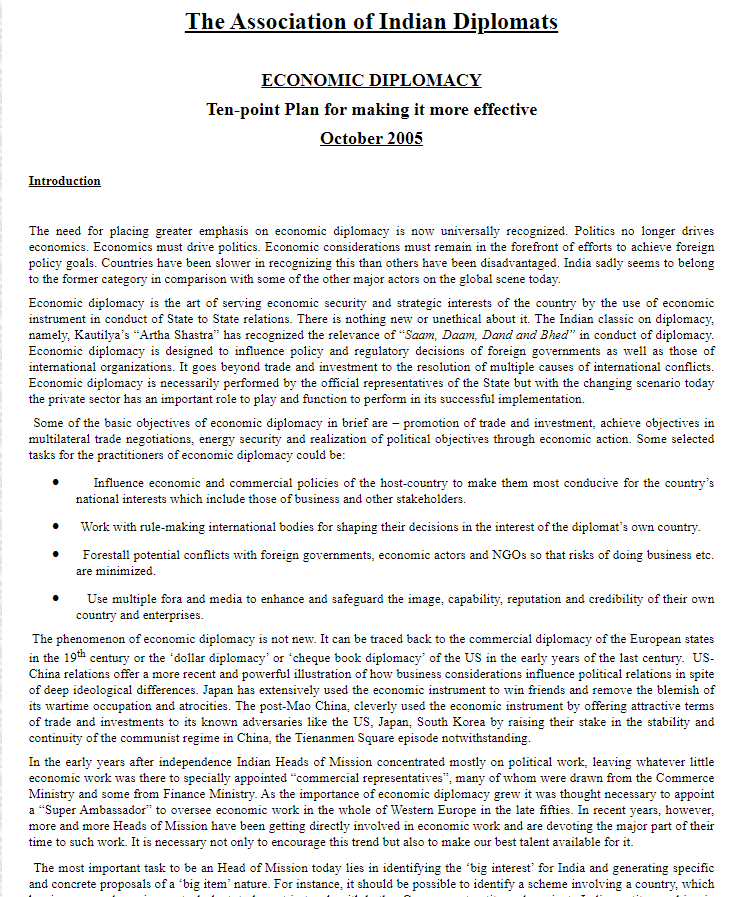
Economic Diplomacy: Ten-point Plan for making it more effective
The message provides a ten-point plan for making economic diplomacy more effective.
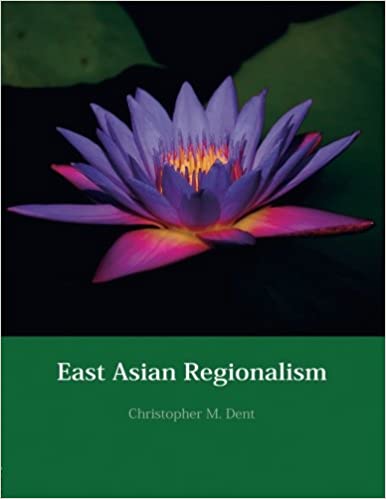
East Asian Regionalism
The text examines the dynamics and evolution of East Asian regionalism, analysing the various economic, political, and social factors influencing regional integration efforts in the East Asian context.

Talking to the Enemy: How states without ‘diplomatic relations’ communicate
‘This is an elegant little monograph on what Churchill once called ‘black-market diplomacy, that is, communication between states that, for one reason or another, for example, war, strained relations or non-recognition, lack the normal methods of diplomatic converse… This is illuminating work in an uncultivated field’, Percy Cradock, Prime Minister’s Foreign Policy Adviser, 1984-92, International Relations.
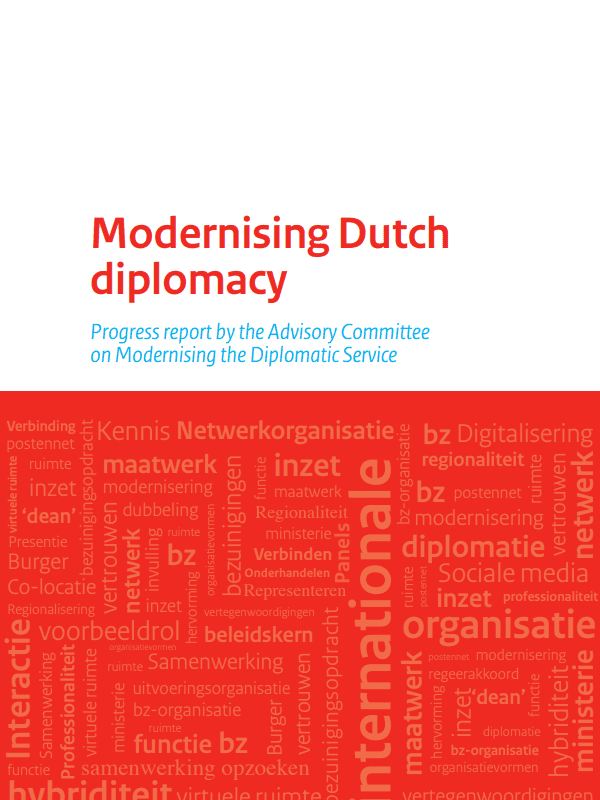
Modernising Dutch Diplomacy
The Dutch government is making investments in the modernization of its diplomatic services to enhance its efficiency, effectiveness, and digital capabilities. This upgrade aims to position the Netherlands as a leader in global diplomacy by adapting to the changing international landscape and embracing innovation.

Back Channel to Cuba: The Hidden History of Negotiations Between Washington and Havana
The book "Back Channel to Cuba" discusses the negotiations between Washington and Havana, leading up to the historic announcement of the normalization of relations in December 2014. The authors highlight the failed methods employed by the U.S. in dealing with Cuba and emphasize the importance of common interests in facilitating diplomatic discussions. The book provides a detailed account of the various forms of "back-channel" diplomacy utilized, showcasing the intricate negotiations between the two countries. Despite some criticisms of the structure of the book, the work is considered richly d...

Diplomacy under a Foreign Flag: When nations break relations
The text is about diplomatic relations between countries and the implications of breaking these ties.
Caribbean Diplomacy: Research on Diplomacy of Small States
With little recourse to traditional economic and political power in their international relations, diplomacy for Caribbean states is a key mechanism to achieve the realisation of the region’s overall development agenda. The Caribbean is no stranger to diplomatic challenges.
The Visa Dimension of Diplomacy
The text provides an overview of how visas play a crucial role in diplomatic relations between countries. It discusses the importance of visa policies in shaping international interactions, fostering bilateral relationships, and promoting various diplomatic objectives. The article emphasizes the significance of understanding the visa dimension in diplomacy for effective communication and cooperation between nations. Overall Summary: The text explores the essential role visas play in diplomatic relations, highlighting their significance in shaping international interactions and fostering bilate...

The New Mandarins: How British foreign policy works
The message delves into how British foreign policy operates, examining the role of the "new mandarins" in shaping decisions and strategies.
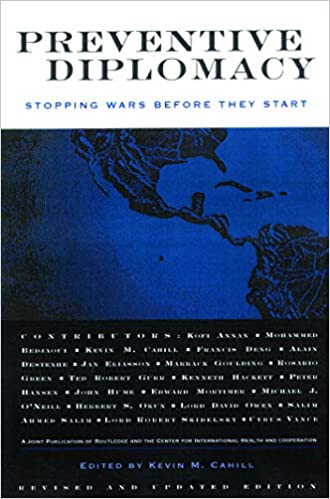
Preventive Diplomacy: Stopping Wars Before they Start
The text discusses the concept of preventive diplomacy as a proactive approach to preventing wars before they begin.
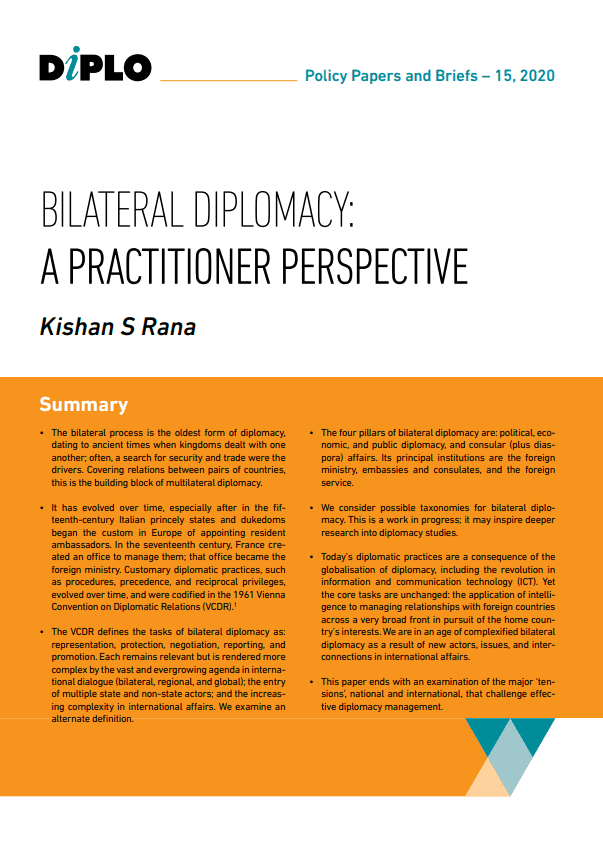
Bilateral Diplomacy: A Practitioner Perspective (Briefing Paper #15)
The text outlines the evolution and significance of bilateral diplomacy as the foundation of international relations, detailing its historical roots, key tasks defined by the Vienna Convention on Diplomatic Relations, and the contemporary challenges and complexities it faces in a globalized world.
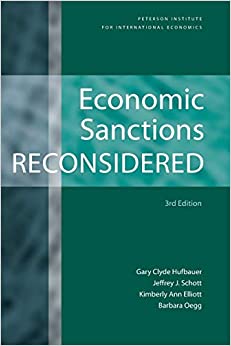
Economic Sanctions Reconsidered
The speech will discuss the effectiveness of economic sanctions.

Economic Diplomacy: The Level of Development and Trade
The text discusses the correlation between a country's level of development and its participation in international trade through economic diplomacy.

South Africa and the Simonstown Agreements
In John Young (ed.), The Foreign Policy of Churchill’s Peacetime Administration 1951-1955 (Leicester UP, 1988)

The Diplomatic Corps as an Institution of International Society
The Diplomatic Corps is an institution that plays a crucial role in international society by facilitating communication and negotiation between different countries. It serves as a bridge between nations, fostering peaceful resolutions to conflicts and promoting cooperation on global issues. Diplomats are trained professionals who represent their countries' interests abroad and work to build relationships based on mutual respect and understanding. Through their diplomatic efforts, the Diplomatic Corps helps maintain stability and promote diplomacy in the international arena.

DC Confidential: The controversial memoirs of Britain’s ambassador to the U.S. at the time of 9/11 and the Iraq War
DC Confidential: The controversial memoirs of Britain's ambassador to the U.S. at the time of 9/11 and the Iraq War.

The Collision of Two Civilisations: The British Expedition to China 1792-4
The text discusses the British expedition to China in 1792-94, examining the clash between two cultures.

American Negotiating Behaviour: Wheeler-Dealers, Legal Eagles, Bullies, and Preachers
The text discusses various negotiating behaviors commonly observed in Americans, categorizing them as wheeler-dealers, legal eagles, bullies, and preachers.

Use of language in diplomacy
Part of Language and Diplomacy (2001): Ambassador Stanko Nick takes a practical approach, examining issues such as the choice of language in bilateral and multilateral meetings, the messages conveyed by language choice, difficulties posed by interpretation, and aspects of diplomatic language including nuance, extra-linguistic signalling, and understatement. Language, according to Nick, is not a simple tool but "often the very essence of the diplomatic vocation."

The Contemporary Embassy: Paths to Diplomatic Excellence
The Contemporary Embassy: Paths to Diplomatic Excellence" explores the evolving role of embassies in modern diplomacy, focusing on the diverse strategies and practices that contribute to diplomatic success.

The Oxford Handbook of Modern Diplomacy
The message provides information on modern diplomacy from The Oxford Handbook of Modern Diplomacy.
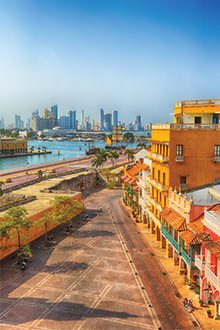
Uncertain Times
Not long ago, Latin America was a success story of economic growth. While advanced economies suffered a severe recession during the 2008–09 financial crisis in the United States and western Europe, followed by a weak recovery, emerging market economies were seen as the promise for renewed world economic growth. Latin America was viewed as part of that promise.
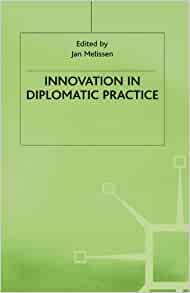
Innovation in Diplomatic Practice
The text discusses the need for innovation in diplomatic practice to address modern challenges effectively. Diplomats must adapt to changing dynamics, such as digital diplomacy and non-state actors, to achieve diplomatic objectives successfully. Traditional diplomatic methods may need to be revised or replaced to meet the demands of contemporary international relations. Innovation and creativity are essential for diplomats to navigate complex global issues and promote peace and cooperation among nations.
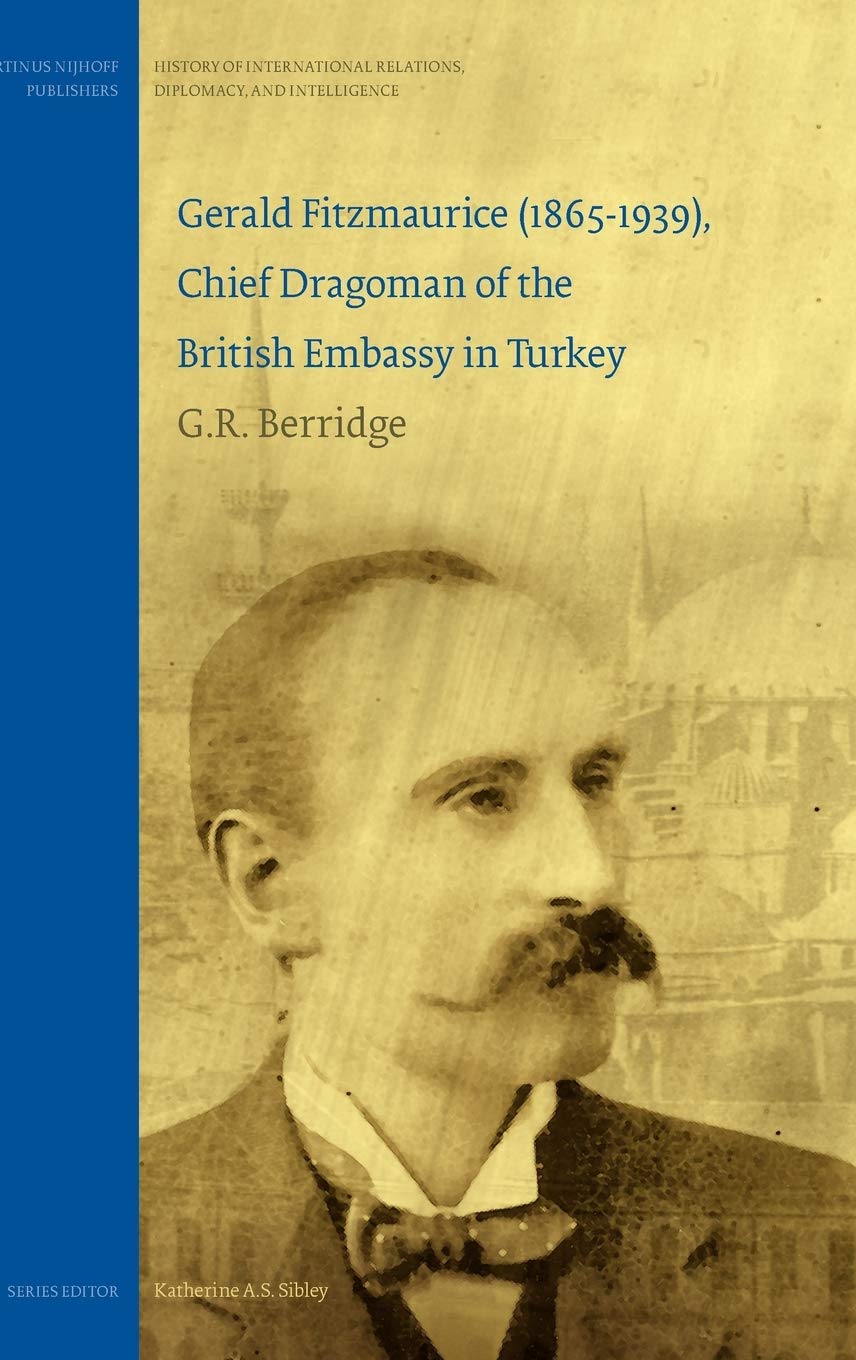
Gerals Firzmaurice (1965-1939), Chief Dragoman of the British Embassy in Turkey
Gerals Fitzmaurice (1865-1939) was the Chief Dragoman of the British Embassy in Turkey.
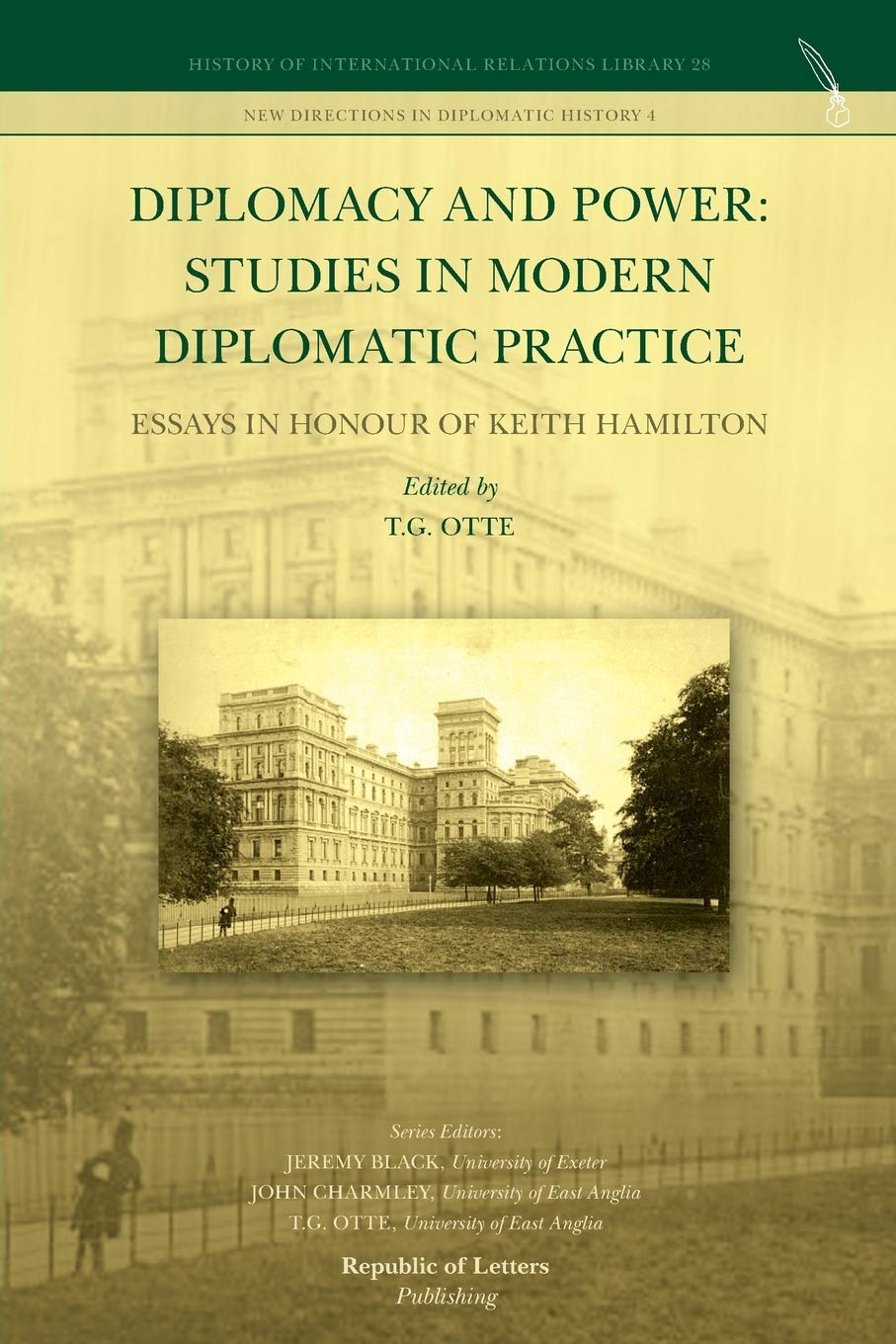
Diplomacy and Power: Studies in Modern Diplomatic Practice
The text explores the complex relationship between diplomacy and power, analysing their interconnectedness and interactions on the global stage.

The Dragon’s Gift: The Real Story of China in Africa
The book "The Dragon's Gift: The Real Story of China in Africa" explores China's involvement in Africa, discussing its economic impact, investments, and infrastructure projects across the continent. The author challenges common misconceptions and offers a nuanced perspective on China's role in Africa, highlighting both the benefits and challenges of this relationship.
The latest from Diplo and GIP
Tailor your subscription to your interests, from updates on the dynamic world of digital diplomacy to the latest trends in AI.
Subscribe to more Diplo and Geneva Internet Platform newsletters!
Diplo: Effective and inclusive diplomacy
Diplo is a non-profit foundation established by the governments of Malta and Switzerland. Diplo works to increase the role of small and developing states, and to improve global governance and international policy development.


